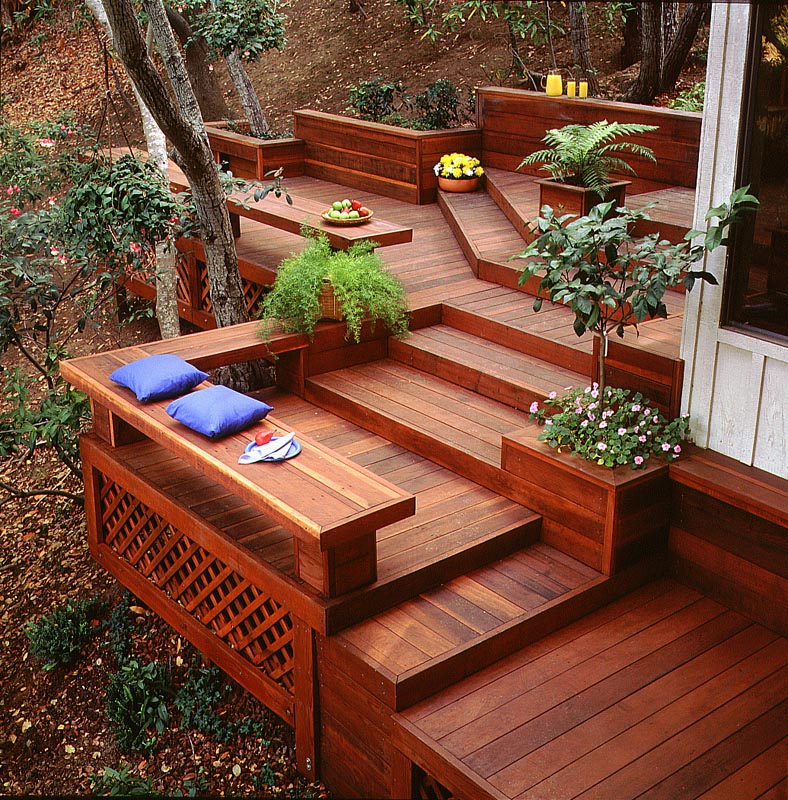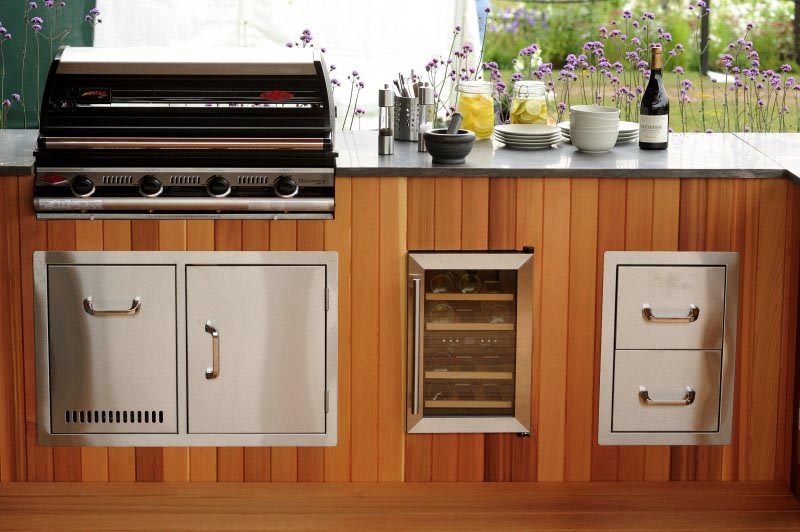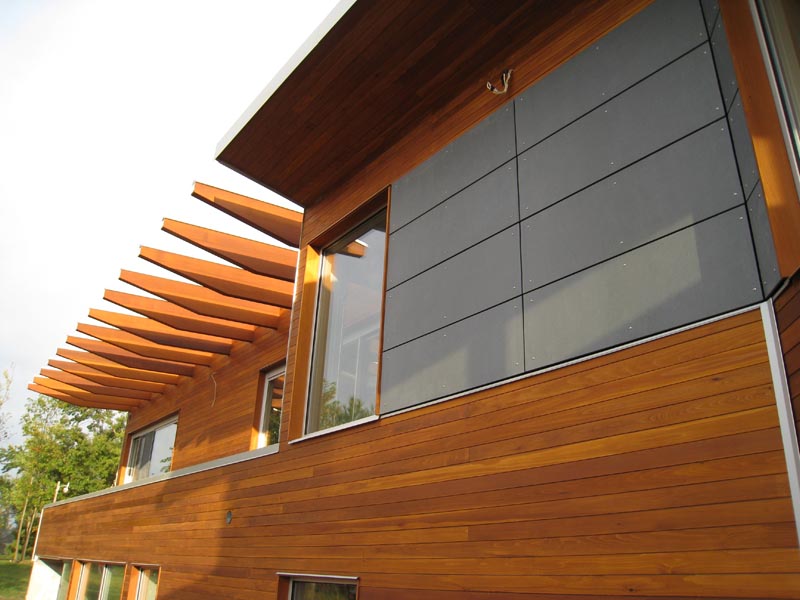Machining
★★★★☆
Splitting resistance
★★★★☆
Screw/nail-holding
★★☆☆☆
Gluing
★★★★☆
The sapwood, usually less than 2.5 centimeters wide, is almost pure white, while the heartwood varies from a dark reddish brown to light yellow.
Main Uses
Cladding, shingles and other exterior applications, such as greenhouses. Boatbuilding and marine structures. Interior panelling, window sashes and built-in furniture.
Distribution & Availability
Found in the Pacific Northwest and inland to the Rocky Mountains in stands totalling 48.7 million cubic metres. Exceptional coastal area trees reach a height of 60 metres, a diameter of 4.9 metres and an age of 1,000 years or more. Readily available.
Physical & Mechanical Properties
A coarse-textured softwood, weighing 376 kg per cubic metre, with a close, uniform, straight grain and an extreme resistance to decay. Dimensionally stable, it takes paint, stains or varnishes easily. Untreated, it weathers to a silvery-grey.
Durability
Durable. Difficult to treat with preservative













